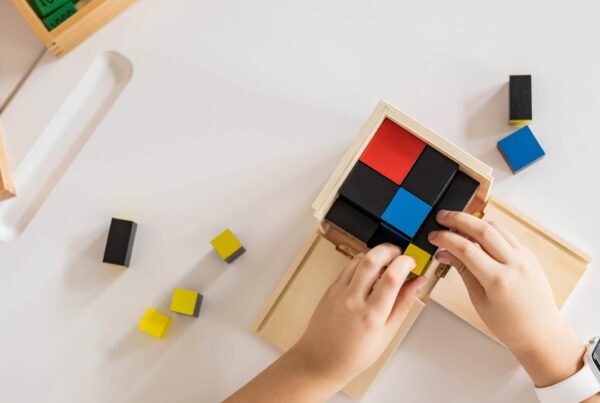Self-confidence is a crucial trait that helps students succeed academically and personally. It empowers them to take on challenges, build strong relationships, and pursue their goals with determination. However, building self-confidence is not always easy, especially in a world full of academic pressures and social comparisons. Here are some effective tips and activities to help students boost their self-confidence.
Set Achievable Goals
Setting small, achievable goals is an excellent way for students to build self-confidence. When students accomplish these goals, they experience a sense of achievement, which boosts their self-esteem. Encourage students to break larger tasks into smaller, manageable steps. This approach not only makes goals more attainable but also helps students track their progress and celebrate their successes.
Engage in Positive Self-Talk
Positive self-talk is a powerful tool for building self-confidence. Encourage students to replace negative thoughts with positive affirmations. For example, instead of thinking, “I can’t do this,” they can say, “I am capable of overcoming this challenge.” Practicing positive self-talk can help students develop a more optimistic outlook and build resilience against setbacks.
Participate in Extracurricular Activities
Extracurricular activities provide students with opportunities to discover new interests, develop skills, and build social connections. Whether it’s joining a sports team, participating in a debate club, or engaging in community service, these activities help students step out of their comfort zones and gain confidence in their abilities.
Seek Feedback and Constructive Criticism
Constructive feedback is essential for personal growth and confidence building. Encourage students to seek feedback from teachers, peers, and mentors. Learning to accept and act on constructive criticism helps students improve their skills and build self-assurance. It’s important to create an environment where feedback is viewed as a tool for growth rather than a critique of their abilities.
Practice Mindfulness and Stress Management
Mindfulness practices, such as meditation and deep breathing exercises, can help students manage stress and maintain a positive mindset. Reducing stress levels is crucial for building self-confidence, as it allows students to focus better and approach challenges with a clear mind. Incorporating mindfulness into daily routines can significantly enhance students’ overall well-being.
Conclusion
Building self-confidence is a continuous process that requires dedication and the right strategies. By setting achievable goals, engaging in positive self-talk, participating in extracurricular activities, seeking constructive feedback, and practicing mindfulness, students can enhance their self-confidence and set themselves up for success.
At Swayam Analytics, we understand the importance of personality development in a student’s life. Our platform offers comprehensive psychometric assessments that help students understand their strengths and areas for improvement. In addition to our assessments, we provide valuable resources such as dietary recommendations, yoga practices tailored to individual needs, and other supportive tools to foster personal growth. Explore Swayam Analytics today and take the first step towards building a more confident you.
By incorporating these strategies and utilizing the resources available at Swayam Analytics, students can build a strong foundation of self-confidence that will serve them well throughout their academic and personal lives.

